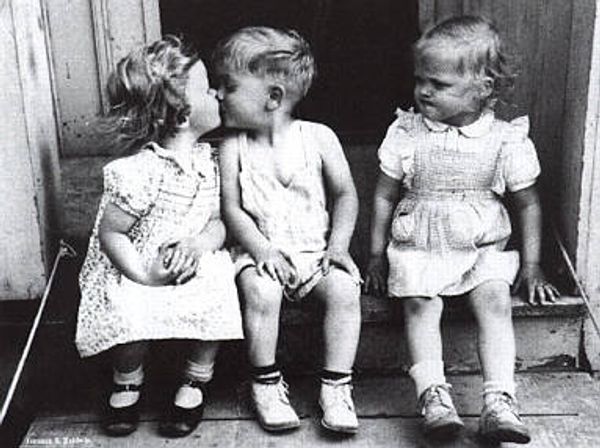The world is full of old, obscure laws that are difficult to imagine existing. In Alaska, it is illegal to get drunk in a bar and remain on the premise. It is illegal to sell cold water or soda (though not warm water or soda) at a liquor store in Indiana. And don't even think of trying to pass off margarine as real butter in Iowa. While most of these laws are not heavily regulated or even well-known, some Virginia counties continue to abide by the law against cursing in public, charging violators with a Class 4 Misdemeanor and a fine of up to $250.
The law, which dates back to the Civil War, is vague and fails to identify which words constitute strong enough profanity to warrant a ticket, leaving it largely up to the few officers who decide to enforce it. State lawmaker Michael J. Webert has repeatedly tried to pass a bill ridding the state of the law, citing defence of free speech and a ruling by the Virginia Court of Appeals that deemed it unconstitutional as reasons to remove the law. Yet the past two sessions, it has been struck down.
Several of the delegates who have voted against the bill do so for public image. Come re-election time, they risk attack for supporting profanity, rather than praise for removing the unconstitutional law. Others refuse to nix the law because they genuinely believe it fosters a better society and sets precedent for politeness, although linguistic experts who study profanity say the law is completely ineffective.
Virginia's General Assembly will convene next week, with a line of new, more-liberal delegates, and Del. Weber has hopes that this time, his bill will be effective to removing the ban on profanity in public.



















